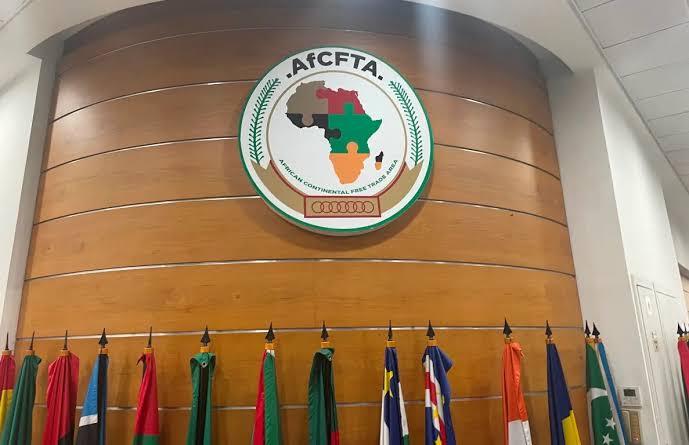
Unlocking the full developmental promise of the African Continental Free Trade Area (AfCFTA) requires more than tariff reductions and expanded market access, says the Pan-African Manufacturers Association (PAMA).
PAMA President, Mr Mansur Ahmed, made this statement in the Association’s April news report released on Tuesday.
He said AfCFTA’s success depends on major reforms in infrastructure, industrial capacity, regulatory alignment, and the overall competitiveness of African enterprises.
Ahmed noted that PAMA’s latest assessment of AfCFTA’s impact on Small and Medium Industries (SMIs) revealed both untapped potential and existing structural vulnerabilities.
He stated that while 96 per cent of SMIs are ready for intra-African trade, poor infrastructure, low production, and finance gaps hamper full participation.
Knowledge gaps regarding AfCFTA’s protocols also constrain effective engagement by SMIs, in spite their willingness to trade across the continent.
“Without focused efforts in trade facilitation, export clustering, and regulatory education, AfCFTA’s benefits risk falling short,” Ahmed warned.
He added that Africa’s industrial growth must rely on local inputs, enhanced by technology adoption and guided by continent-wide standards.
Ahmed stressed that insecurity, poor logistics, and SME-market imbalances demand urgent, coordinated action by both national and regional bodies.
“As we approach the Intra-Africa Trade Fair in Algeria, these insights must inform practical strategies to support our manufacturers,” he said.















